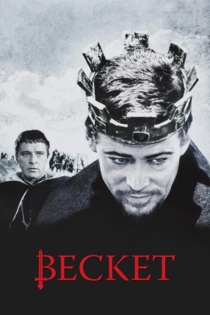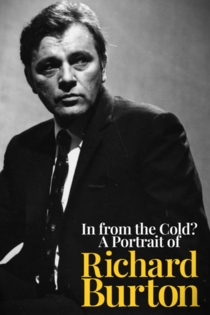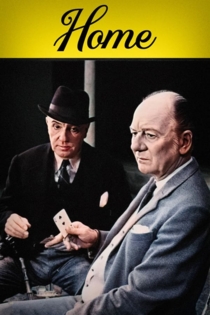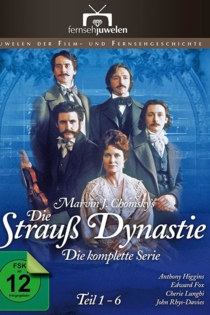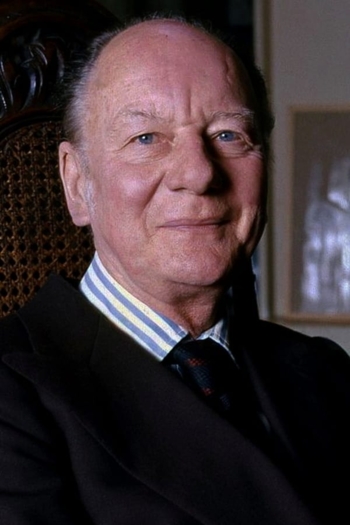
John Gielgud
1904 - 2000Description above from the Wikipedia article John Gielgud, licensed under CC-BY-SA, full list of contributors on Wikipedia.
Révolution d'octobre
Frédéric Rossif
John Gielgud, Suzanne Flon
French director Frederic Rossif presents this historical documentary that coincided with the 50th anniversary of the Russian Revolution. Stock footage from both World Wars are included with 30 minutes of new scenes filmed especially for the project. The historical timeline is traced from the time Czar Nicholas II is crowned. The emergence of Lenin, his death in 1924, and the later contributions of Trotsky and Stalin give the viewer a sense of death, betrayal, and ideological devotion to the communist agenda. Rossif effectively uses scenes from the landmark 1929 film The Man With A Movie Camera by celebrated director Dziga Vertov. Rossif researched the film archives from several countries in his meticulous gathering of materials for this timely historical feature.
October Revolution
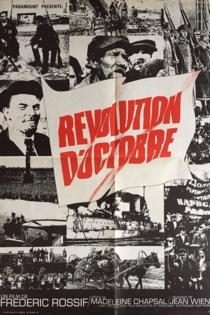
Ages of Man
Paul Bogart
John Gielgud
Performance of extracts from The Ages of Man is a one-man show performed by John Gielgud featuring a collection of speeches in Shakespeare's plays. When the genius of Shakespeare is wedded to the unsurpassed skills of one of the finest actors of this, or any other, age, something extraordinary happens.
Ages of Man
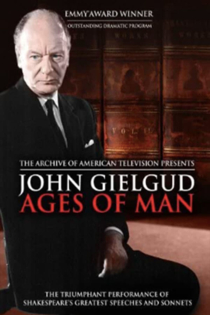
No Man's Land
Julian Amyes
John Gielgud, Ralph Richardson
'No Man's Land' is a play by Harold Pinter written in 1974 and first performed in 1975. In this 1978, TV adaptation, a seedy poet shows up at the home of a rich writer and they start reminiscing about the 'past,' in a menacing, Pinteresque fashion.
No Man's Land
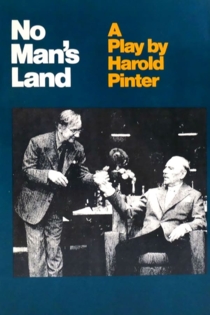
Quartermaine's Terms
Bill Hays
Edward Fox, John Gielgud
The setting is the staffroom of an English language college for foreign students somewhere in Cambridge. I think that Edward Fox was born to play the role of protagonist St. John Quartermaine. St. John (pronounced 'sinjun') is a kind and lonely language professor who is becoming increasingly absent-minded and forgetful, probably due to some form of creeping dementia. Having loyally served at the college since its founding, his life revolves around work as he appears to have no social life of his own. He is well liked by his colleagues, however they take advantage of his good nature and are always too preoccupied with their own concerns to really notice what we the viewers see- a man gradually and inexorably heading towards crisis, in desperate need of care and support.
Quartermaine's Terms
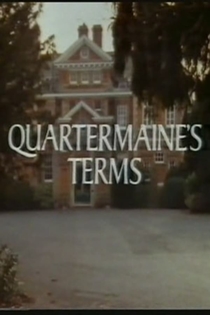
Lion of the Desert
Moustapha Akkad
Anthony Quinn, Rod Steiger
This movie tells the story of Omar Mukhtar, an Arab Muslim rebel who fought against the Italian conquest of Libya in WWII. It gives western viewers a glimpse into this little-known region and chapter of history, and exposes the savage means by which the conquering army attempted to subdue the natives.
Lion of the Desert
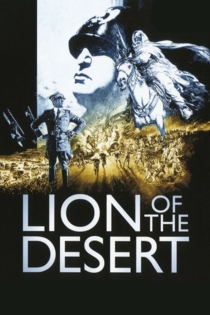
The Elephant Man
David Lynch
Anthony Hopkins, John Hurt
A Victorian surgeon rescues a heavily disfigured man being mistreated by his "owner" as a side-show freak. Behind his monstrous façade, there is revealed a person of great intelligence and sensitivity. Based on the true story of Joseph Merrick (called John Merrick in the film), a severely deformed man in 19th century London.
The Elephant Man
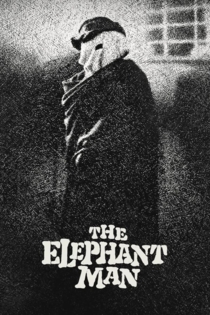
Rachmaninoff: The Harvest of Sorrow
Tony Palmer
John Gielgud, Sergei Rachmaninoff
Tony Palmer tells the life story of Sergei Rachmaninoff through the use of home movies, concert footage, and interviews. John Gielgud reads from Rachmaninoff's diaries in a voiceover.
Rachmaninoff: The Harvest of Sorrow
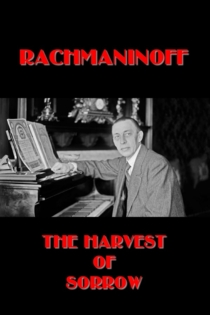
Richard II
David Giles
Derek Jacobi, Jon Finch
Richard II, who ascended the throne as a child, is a regal and stately monarch. He believes he is the rightful ruler of England, ordained by God, yet he is a weak and ineffective king - wasteful in his spending habits, unwise in his choise of chansellors, and detached from his country and its people. When he seizes the land of his cousin Henry Bolingbroke, both the commoners and the barons decide that their king has gone too far...
Richard II
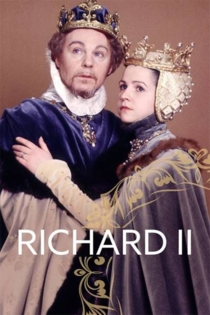
Mourir à Madrid
Frédéric Rossif
John Gielgud, Irene Worth
Morir en Madrid brings together several papers on the Spanish Civil War and integrates capturing different points of view, intended to represent the continuity of the suffering of the Spanish during the Franco regime. The death of Federico Garcia Lorca, Guernica, the defense of Madrid, the International Brigades, are some of the items comprised in this document.
To Die in Madrid
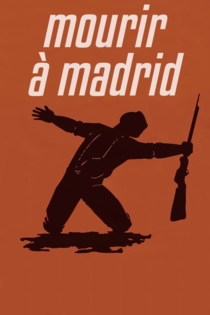
Gandhi
Richard Attenborough
Ben Kingsley, Candice Bergen
In the early years of the 20th century, Mohandas K. Gandhi, a British-trained lawyer, forsakes all worldly possessions to take up the cause of Indian independence. Faced with armed resistance from the British government, Gandhi adopts a policy of 'passive resistance', endeavouring to win freedom for his people without resorting to bloodshed.
Gandhi
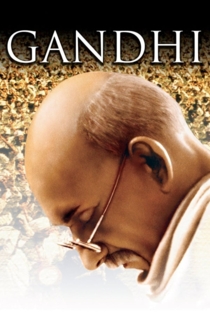
A Walk Through Prospero's Library
Peter Greenaway
John Gielgud, Isabelle Pasco
A short made for TV with director Peter Greenaway discussing the dazzling 3.5 minute opening sequence from his film, 'Prospero's Books'. As Prospero (John Gielgud) walks through his library, Greenaway comments on the historical, mythological, biblical & fictional characters occupying the library.
A Walk Through Prospero's Library

Becket
Peter Glenville
Richard Burton, Peter O'Toole
King Henry II of England has trouble with the Church. When the Archbishop of Canterbury dies, he has a brilliant idea. Rather than appoint another pious cleric loyal to Rome and the Church, he will appoint his old drinking and wenching buddy, Thomas Becket, technically a deacon of the church, to the post. Unfortunately, Becket takes the job seriously and provides abler opposition to Henry.
Becket
